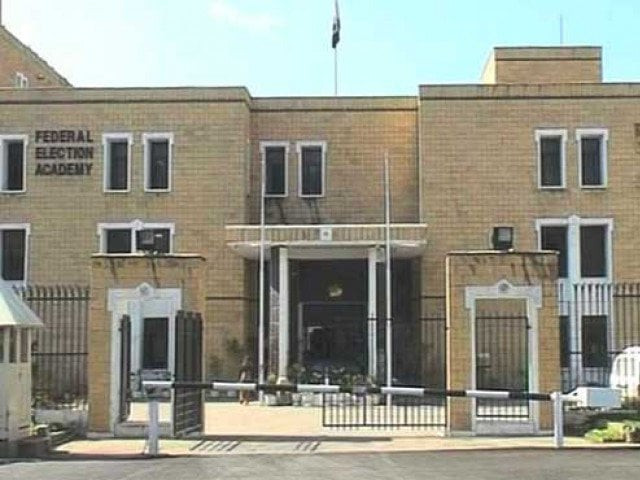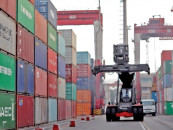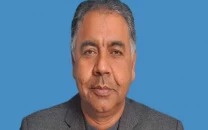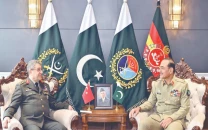Overseas Pakistanis: PTI rejects ECP’s postal voting mechanism
Says electronic balloting is the only practical option

Election Commission of Pakistan. PHOTO ECP.GOV.PK
PTI leader Dr Arif Alvi, who was also a member of the ECP working group, gave a separate proposal while endorsing many points of the poll supervisory body’s prepared draft. The mode of voting emerged as the only major difference between the PTI and the ECP stances.
The two sides also agreed that physical voting, while installing polling stations, is not a feasible option.
The PTI termed postal voting as impractical and held that electronic voting is the only practical method. However, the ECP study suggested that the Indian election commission dropped electronic voting mechanism and termed it a faulty option.
Dr Alvi said, “There are an estimated 6 to 7 million Pakistanis who are working abroad. A big percentage of them would be eager to vote,” adding that a postal ballot system has existed in the laws but probably has never been used for Pakistani diaspora.
To send polling staff overseas, the ECP would need vast financial resources and logistical support. If voters are asked to vote physically, most voters would not drive in some cases hundreds of miles to be able to vote.
Sending of ballot papers by courier to international destinations is possible but would be expensive for the ECP (the approximate cost would be at least Rs1,000).
Similarly, it would cost an overseas voter the same amount to return the marked ballot paper. Time involved in this two-way exercise will not be less than two to three weeks at best. The postal ballot system in Pakistan itself has had a very low response, the PTI proposal said.
Published in The Express Tribune, September 14th, 2015.



















COMMENTS
Comments are moderated and generally will be posted if they are on-topic and not abusive.
For more information, please see our Comments FAQ